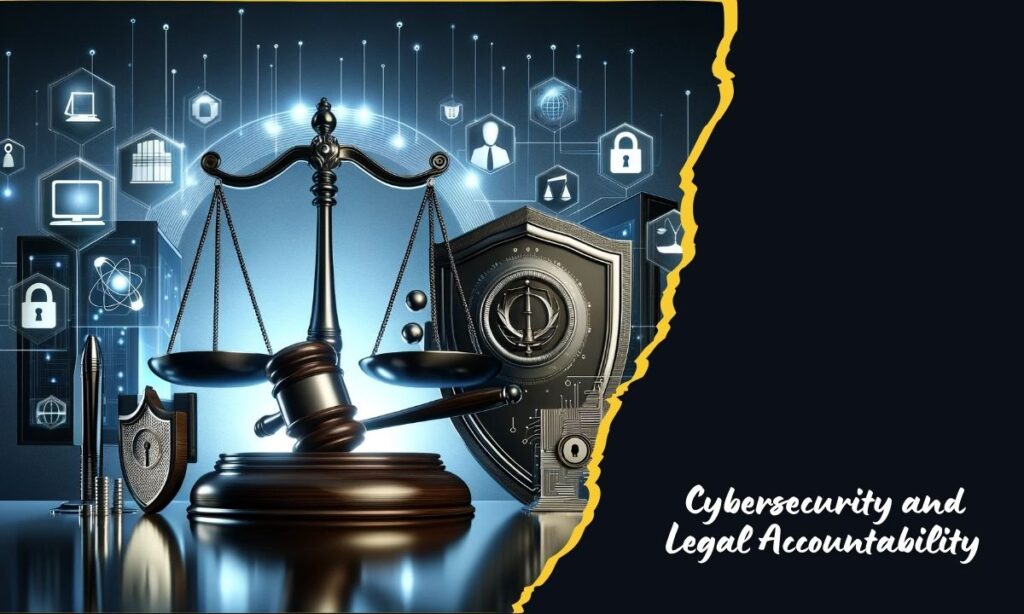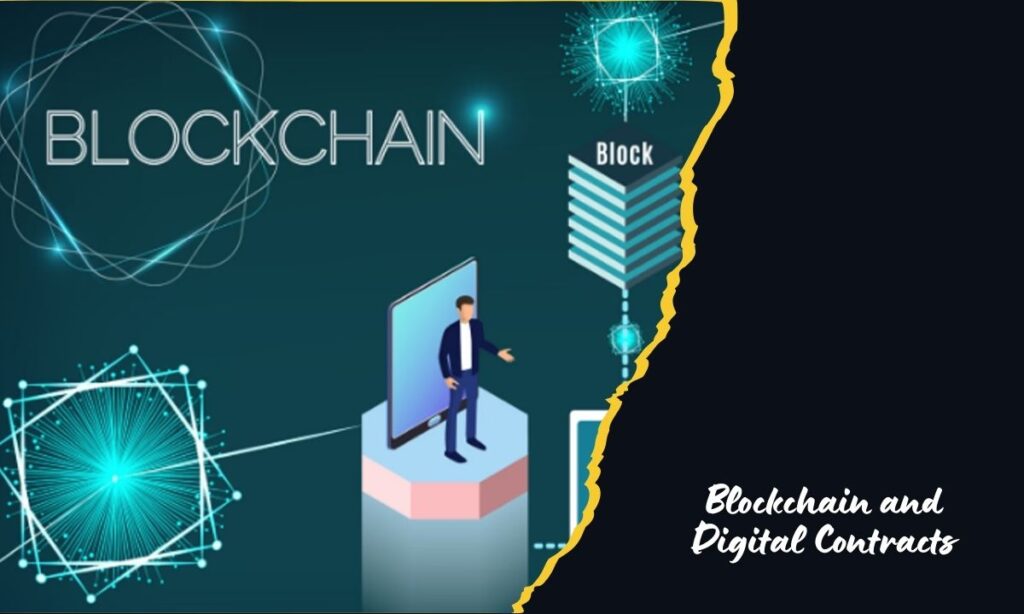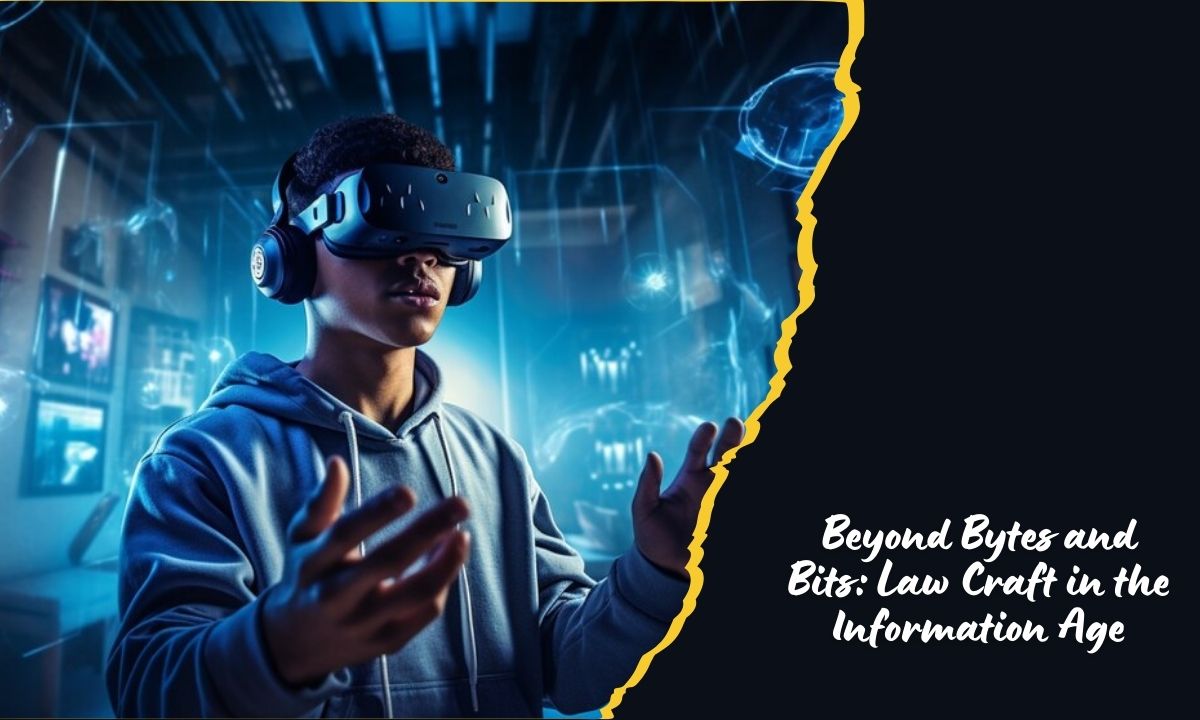In the digital era, law transforms from traditional frameworks to dynamic, technology-driven systems. Legal craft now navigates complex technological landscapes, addressing unprecedented challenges in privacy, cybersecurity, and digital rights.
Beyond mere regulation, modern legal practice becomes a critical bridge between technological innovation and human values.
The Digital Transformation of Law
The legal landscape is experiencing unprecedented change. Digital technologies are revolutionizing traditional legal practices. Technological advancements demand radical legal framework transformations. Lawyers must adapt to rapidly evolving digital ecosystems.
Modern legal professionals navigate complex technological challenges. Technological innovation disrupts conventional legal understanding. Data-driven decision-making becomes increasingly prevalent. Legal systems struggle to keep pace with technological developments.
The Rise of Legal Technology and Automation
Legal technology emerges as a powerful transformative force. Automated tools streamline complex legal processes. Document review becomes faster and more efficient. Research capabilities expand exponentially through artificial intelligence.
Machine learning algorithms analyze vast legal databases. Predictive analytics help lawyers make informed decisions. Automation reduces human error in legal documentation. Technology enables more precise legal interventions.
Data Security and Privacy in the Digital Age
Personal data has become a critical asset. Privacy protection requires comprehensive legal frameworks. Cybersecurity becomes a fundamental legal concern. Organizations must implement robust data protection strategies.

Digital platforms generate massive personal information streams. Regulatory compliance becomes increasingly complex. Companies face significant challenges in managing digital data. Legal systems must develop sophisticated protection mechanisms.
The Role of GDPR and Other Landmark Regulations
The European Union’s General Data Protection Regulation represents a milestone. Regulatory standards transform data handling practices. Companies must obtain explicit user consent. Transparent data management becomes mandatory.
Comprehensive regulations protect individual digital rights. Data transparency emerges as a critical legal principle. Organizations face substantial penalties for non-compliance. Cross-border data protection gains prominence.
Challenges of Cross-Border Data Protection and Jurisdiction
International data flows create complex legal landscapes. Jurisdictional boundaries become increasingly blurred. Different nations implement varying data protection standards. Legal harmonization remains a significant challenge.
Multinational corporations navigate intricate regulatory environments. Global compliance requires sophisticated legal strategies. Technology transcends traditional geographical limitations. Legal frameworks must evolve continuously.
Intellectual Property in the Information Age
Digital platforms revolutionize content creation. Intellectual property protection becomes increasingly challenging. Traditional copyright models face significant disruption. Creative ecosystems demand innovative legal approaches.
Online platforms enable unprecedented content sharing. Digital rights management requires nuanced legal understanding. Creators seek flexible intellectual property frameworks. Legal systems must balance innovation and protection.
Copyright, Fair Use, and Digital Rights Management
Digital content reproduction becomes effortless. Copyright enforcement requires sophisticated technological solutions. Fair use principles face complex digital interpretations. Content creators seek robust legal protections.
Platforms develop intricate content moderation mechanisms. Legal boundaries between creation and reproduction blur. Technological tools enable sophisticated rights management. Legal frameworks adapt to digital realities.
Cybersecurity and Legal Accountability
Cyber threats pose significant organizational risks. Legal accountability becomes increasingly important. Organizations must implement comprehensive security measures. Proactive cybersecurity strategies gain regulatory support.

Data breaches create complex legal scenarios. Liability frameworks evolve to address technological risks. Companies face substantial financial and reputational consequences. Legal systems develop sophisticated accountability mechanisms.
Artificial Intelligence and the Law
Artificial intelligence introduces unprecedented legal challenges. Ethical considerations become paramount in AI development. Legal systems struggle to define technological responsibilities. Algorithmic decision-making requires comprehensive regulation.
READ THIS BLOG: MaintainX 50M Series 1B 191 PRoof Bloomberg: Key Insights
AI technologies transform multiple legal domains. Accountability frameworks emerge to address technological complexities. Legal professionals develop specialized technological expertise. Interdisciplinary approaches become essential.
Blockchain and Digital Contracts
Blockchain technology revolutionizes contractual frameworks. Smart contracts enable automated legal execution. Decentralized systems challenge traditional legal understanding. Technological innovation transforms contractual relationships.

Cryptographic technologies provide unprecedented security. Digital verification becomes increasingly sophisticated. Legal systems adapt to decentralized technological paradigms. Contractual interpretations become more nuanced.
International Cooperation in Digital Law
Global technological challenges demand collaborative solutions. International agreements become increasingly important. Legal harmonization requires unprecedented cooperation. Technological standards transcend national boundaries.
Cybersecurity becomes a shared global responsibility. Regulatory convergence gains strategic importance. Nations develop collaborative technological frameworks. Legal systems become more interconnected.
Law’s Prospects in the Information Age
Emerging technologies introduce complex legal challenges. Future legal education must integrate technological understanding. Law schools develop innovative interdisciplinary curricula. Continuous learning becomes essential for legal professionals.
Technological innovation demands adaptive legal frameworks. Ethical considerations guide technological development. Legal systems must balance innovation and protection. Proactive regulatory approaches gain prominence.
Frequently Asked Questions
How do data protection regulations impact businesses?
Data protection regulations require comprehensive compliance strategies. Organizations must implement robust data management practices.
What challenges do AI technologies pose for legal systems?
AI introduces complex accountability and ethical challenges. Legal frameworks must develop sophisticated technological understanding.
How can organizations ensure cybersecurity compliance?
Comprehensive cybersecurity strategies require continuous technological investment. Proactive risk management becomes essential.
What role do international agreements play in digital law?
International agreements harmonize technological standards. Collaborative approaches address global digital challenges.
How are law schools preparing for technological transformation?
Law schools integrate technological courses into curricula. Interdisciplinary approaches become increasingly important.
Conclusion
Legal transformation in the digital age represents a fundamental shift. Technological innovation demands continuous adaptation. Legal systems must balance protection and progress. Interdisciplinary collaboration becomes essential.
The future of law lies in understanding technological complexities. Human values guide technological development. Legal frameworks protect individual rights while enabling innovation. Continuous learning and adaptation define the legal landscape.
Technology and law converge in unprecedented ways. Digital literacy becomes a critical legal skill. Professionals must develop sophisticated technological understanding. The legal system evolves to address emerging challenges.

David is a seasoned SEO expert with a passion for content writing, keyword research, and web development. He combines technical expertise with creative strategies to deliver exceptional digital solutions.







